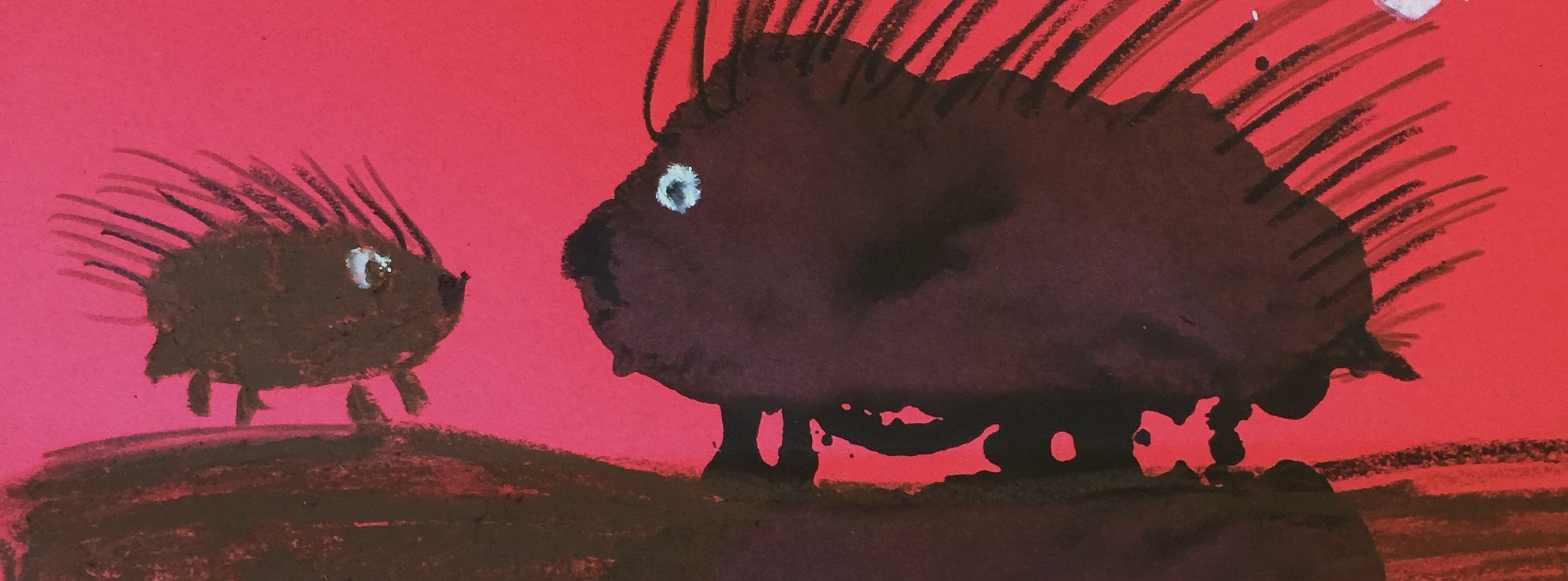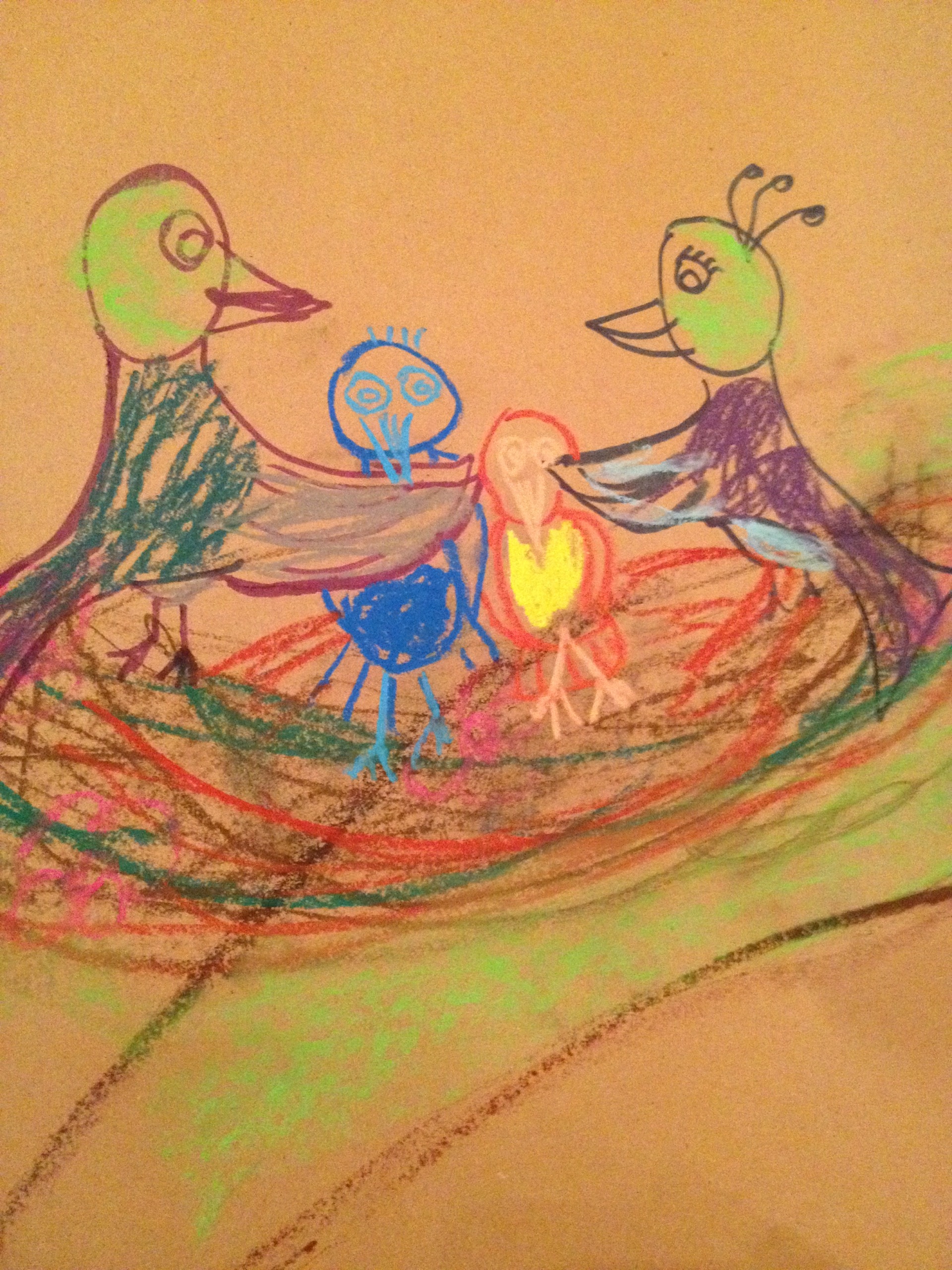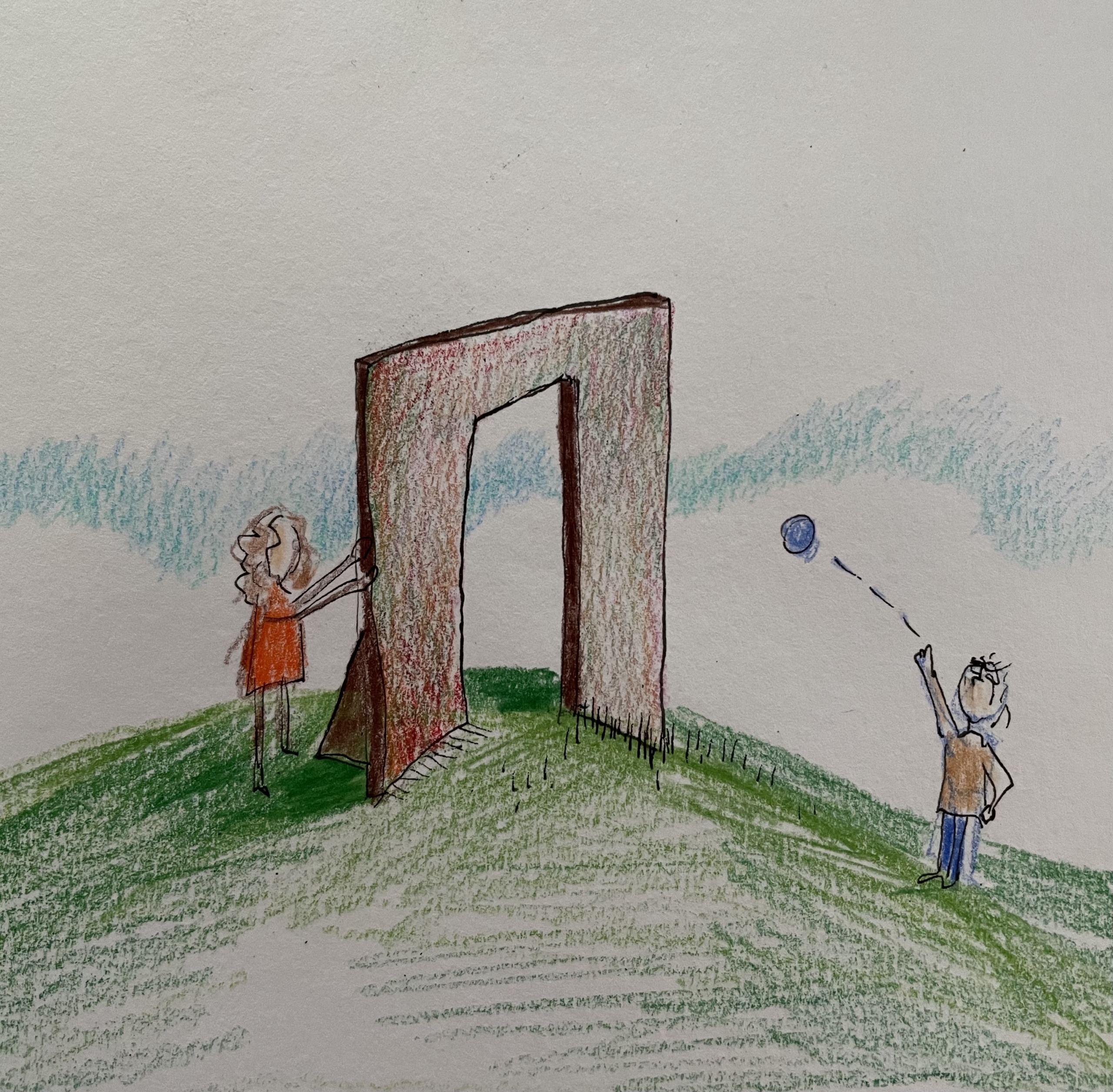
Parent-Child Therapy
Find a Parent-Child Family therapistOur creative, licensed therapists approach parent-child therapy and family therapy by assessing and treating the root of your child's unwanted behavior, as well as attending to the immediate needs of improving daily life in your home by modifying family patterns.
Many parents bring children with defiant behavior, “big feelings,” or anger management issues to therapy to decrease problem behavior. We work from a family oriented perspective and offer parent support, child therapy, and family sessions to teach both children and parents new skills for relating, while also seeking to understand the underlying emotional causes.
Family sessions may occur in a variety of configurations:
- Parent only coaching and support to manage child’s behavior and identify your own triggers
- Parent-child dyads to improve the relationship and increase your child’s ability to meet expectations
- Family therapy that includes all family members impacted by problem behavior or life challenges/transitions.
Our licensed therapists assess and treat the emotional causes and motivation for your child’s unwanted behavior, as well as attending to the immediate needs of improving daily life in your home by modifying family patterns that support the status quo. Our therapists rely on proven methods for managing problematic family dynamics including but not limited to the following evidence-based treatment models:
- Ross Greene’s Collaborative Problem Solving (CPS).
- Parent-Child Interaction Therapy (PCIT) – with particular attention to Special Time and family reconnection
- Dialectical Behavior Therapy (Relational Mindfulness for Families)

More about oppositional behavior.
Most young children have some difficulty listening and minding. In some cases, however, a child’s defiance, inability to follow directions, and aggression towards other children can interfere with peer relationships, school success, and cause major stress in families. About 50% of preschoolers with behavior problems are likely to be diagnosed with a disruptive behavior disorder or ADHD when they reach school age. Fortunately, these problems can be effectively treated—especially if they are addressed early and include the parents in the treatment. The delivery of behavioral therapy through the creative arts aims to engage your child, improve the parent-child relationship, enhance parenting strategies, and teach your child how to identify and manage their emotions and control their own behavior.
Parent-Child Therapy can help. “A parent’s ability to manage their own reactions to their child’s behavior sets the stage for how the behavior will resolve itself. If you feel like you struggle with your reactions as a parent, or if you have simply run out of ideas, we can help you reconnect with yourself and your child to take back control of your family’s interactions.”
Nadia Jenefsky, LCAT, Co-founder and Director of Child and Family Services at New York Creative Therapists

Parent-Child and Family Therapy FAQS
How does parent-child therapy work?
Parent-child therapy works by having a therapist witness and reflect the relationship pattern between parent and child, and help the parent(s) and child make adjustments to change or improve that pattern. By working together in real time this therapy can help parents become more aware of how they may be helping or making the situation more challenging for themselves or their child. The therapist can model better strategies and support the parent, as well as help the child notice their own behaviors and improve their ways of communicating their feelings. Parents can often meet with the therapist without their child to make changes that will have an immediate effect on the child’s behavior.
What if my child refuses to come to family therapy?
Family therapy can be done with or without every family member present. If a child refuses to come, the parents can work with the therapist on strategies to improve family dynamics and address sticky issues that may be contributing to the child’s reluctance to participate in therapy. It is not beneficial for a child to be forced to attend therapy. Best practice is to present parent-child therapy or family therapy as an opportunity to “help” everyone, not just the child. Our creative therapists bring skills that can make it fun and inviting by providing creative and playful interventions to build trust and safety.
Why do I need to be in the sessions with my child?
Studies show that child therapy is much more effective when parents are involved. Because you are such a big part of your child’s life, you can have a major impact on improving their behaviors and upsets. By being in the sessions with your child, you are modeling for them that it’s ok to ask for help, that the therapist is trustworthy, that therapy is ok and that you care about them enough to take the time. And your presence also gives the therapist additional clues and an ally to understand what is going on with your child and how best to address it.
Will parent-child therapy make my child behave better?
When a child misbehaves it’s usually a communication of something that is bothering them. It may take some time to get to the root of the behavior. Until that happens, patience and consistency are key. The problem didn’t start in a day, and it won’t be resolved in a day. But children are growing and evolving, and like a plant with the right trellis, through attentive interaction and support they will usually grow out of their challenges eventually.
How long does parent-child therapy last?
It is always hard to predict how long therapy will last. For parent-child therapy, consistency and a willingness to try new tactics and approaches with your child in the home are important factors in the outcome. Parents who are engaged and take their role in their child’s progress seriously will be able to make the adjustments needed to support their child towards better behavior. Some challenges faced by families take more time, and are not always within the family’s control, and therefore may require more support for a longer period of time. Either way, your therapist is committed to working with you and your child for as long as needed.
Send a Message
Please take a moment to answer a few questions so we can better help you.
"*" indicates required fields